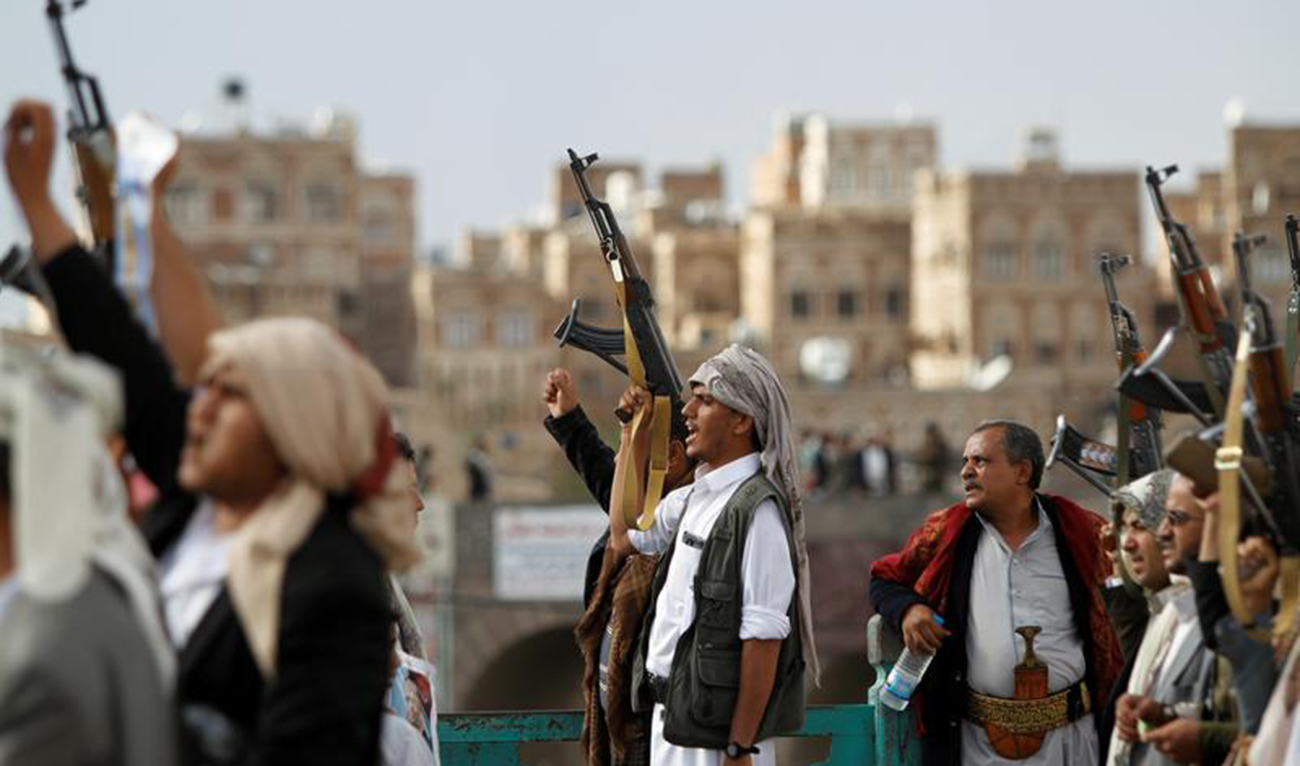Algeria PM slams reported ransoms to ‘terror groups’
ALGIERS: Algeria’s prime minister has sounded the alarm over reported ransoms paid to “terrorist groups” for the freeing of hostages, weeks after the liberation of a French aid worker in Mali.
“Algeria notes, with great concern, continued transfers to terrorist groups of huge sums of money as ransoms to free hostages,” Abdelaziz Djerad told African leaders at a summit of African Union heads of government.
This approach “undermines our counterterrorism efforts,” he said, quoted by Algerian media.
His comments came after Mali released some 200 prisoners in October ahead of the release of four hostages including French aid worker Sophie Petronin.
One of the released prisoners, a terror suspect later arrested in Algeria, said in a video broadcast on Algerian TV that France had been involved in talks with Bamako and a key Malian extremist leader linked with Al-Qaeda.
Mustapha Derrar said he had heard that 207 prisoners would be released along with the payment of a ransom, adding that he had heard the figures €10 million and €30 million.
It was not possible to verify his claims or the conditions under which he made the statement.
In November, Algeria’s defense minister said a “large ransom” had been paid to “terrorist groups in exchange for the release of three hostages,” adding that such payments violated UN resolutions.
Djerad on Monday called for “concerted action to eradicate violent extremism, combat terrorism and dry up the sources of its funding.”
France has consistently denied involvement in negotiations for the release of the hostages or having paid a ransom for Petronin’s freedom.
On Oct. 12, French Prime Minister Jean Castex said the terrorists’ release of Petronin was a “humanitarian gesture,” saying “we were not part of these negotiations.”
Rumors of ransoms paid for the release of western hostages in the Sahel region are common but rarely confirmed.
Djerad’s statement comes amid Algeria’s latest diplomatic fallout with its former colonial occupier, which has said it is considering reducing the number of visas it grants to countries that refuse to take back nationals illegally in the country or suspected of being radicalized.

Algeria president to return ‘within days’ from German hospitalFrench minister in Algeria praises ‘cooperation’ against extremism





